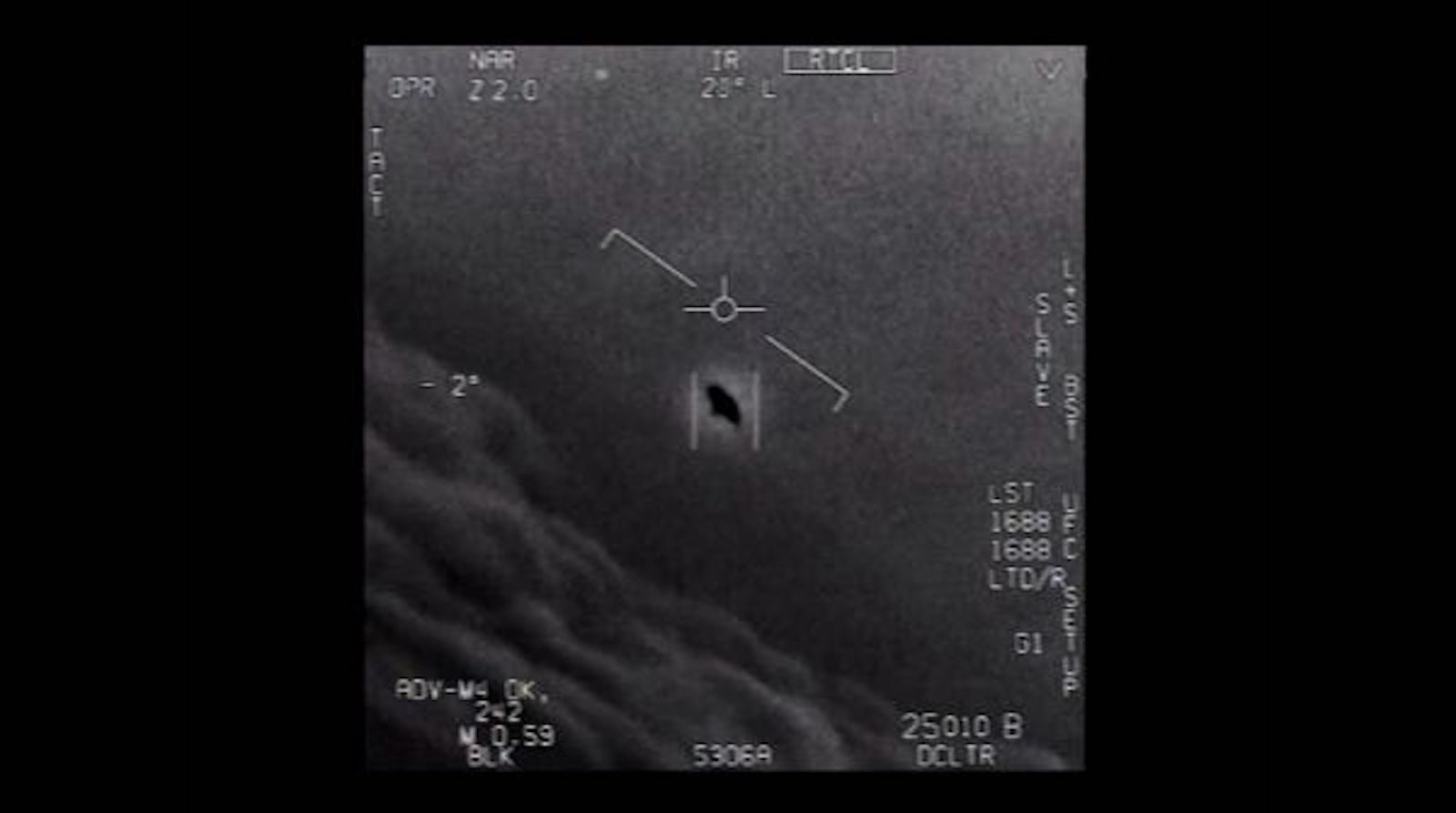NASA is joining the hunt for 'unidentified aerial phenomena'
"There is no evidence UAPs are extra-terrestrial in origin," NASA said in a statement.

NASA has arranged for a team of scientists to spend nine months evaluating unidentified aerial phenomena, or UAPs.
The study, which will begin early in the fall, will tackle a range of questions related to the sightings of objects in the sky have not been identified as aircraft or other natural occurrence. Those questions include evaluating what data exists already that the scientific community should analyze and how to apply artificial intelligence and machine learning technology to the UAP problem, Thomas Zurbuchen, NASA's associate administrator for the Science Mission Directorate, told a meeting of the National Academies of Sciences, Engineering and Medicine's Space Studies Board on Thursday (June 9). The agency did make one thing clear.
"There is no evidence UAPs are extra-terrestrial in origin," NASA said in a statement.
In addition to Zurbuchen's brief comments on the new program at today's meeting, NASA announced that the agency will hold a news conference today at 1 p.m. EDT (1700 GMT), which you can watch live here on Space.com or directly through the space agency.
Related: US military taking 'all hands on deck' approach to understanding UFOs
Zurbuchen unveiled the new assessment during a discussion on high-risk, high-impact research, as NASA calls it. Specifically, he defined this research as work that goes against the current conventional wisdom of science but that could deeply reshape the way that we think about the world.
"Imagine a grad student somewhere who's standing up looking at their data and all of a sudden, they find that whatever they find in their data opposes some of the leaders in the field," Zurbuchen said. "It's very hard to support those grad students to go publish it, and I want you to know that's what we want to have happen, because it's better for science than somehow taking a circle around that."
Breaking space news, the latest updates on rocket launches, skywatching events and more!
Zurbuchen called the new panel's work "cleanly and solidly in high risk, high impact research" portfolio. The panel will be led by David Spergel, an astrophysicist at Princeton University, assisted by Daniel Evans, an assistant deputy associate administrator for research at NASA.
"NASA believes that the tools of scientific discovery are powerful and apply here also," Zurbuchen said in a statement posted in conjunction with his remarks. "We have access to a broad range of observations of Earth from space — and that is the lifeblood of scientific inquiry. We have the tools and team who can help us improve our understanding of the unknown. That's the very definition of what science is. That's what we do."
Email Meghan Bartels at mbartels@space.com or follow her on Twitter @meghanbartels. Follow us on Twitter @Spacedotcom and on Facebook.

Meghan is a senior writer at Space.com and has more than five years' experience as a science journalist based in New York City. She joined Space.com in July 2018, with previous writing published in outlets including Newsweek and Audubon. Meghan earned an MA in science journalism from New York University and a BA in classics from Georgetown University, and in her free time she enjoys reading and visiting museums. Follow her on Twitter at @meghanbartels.
